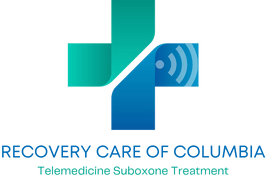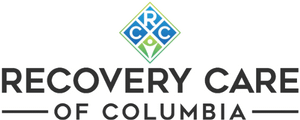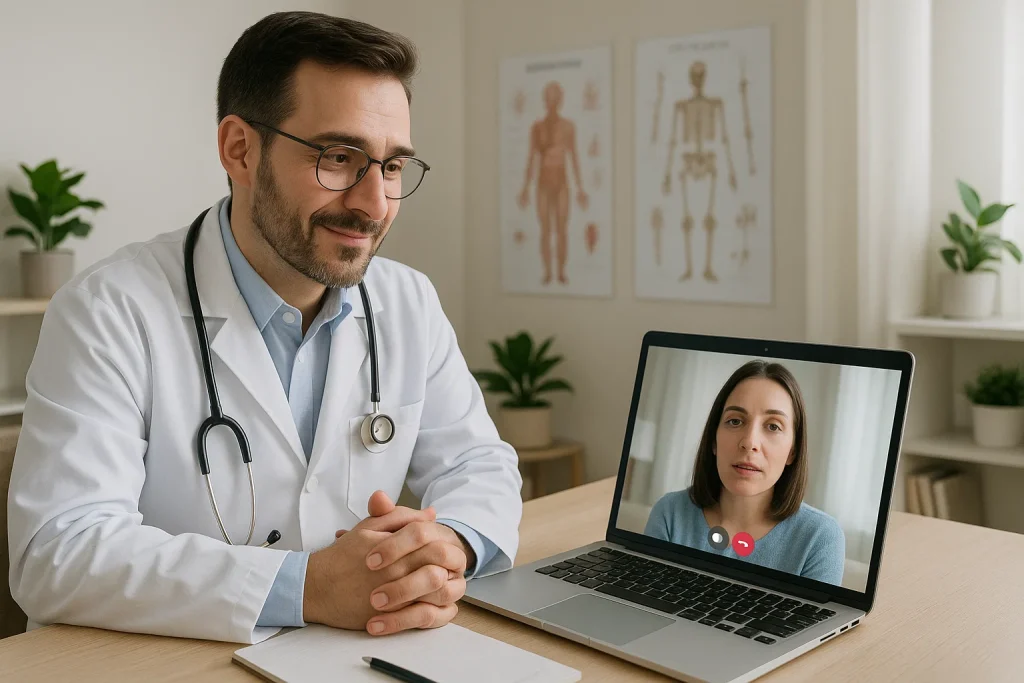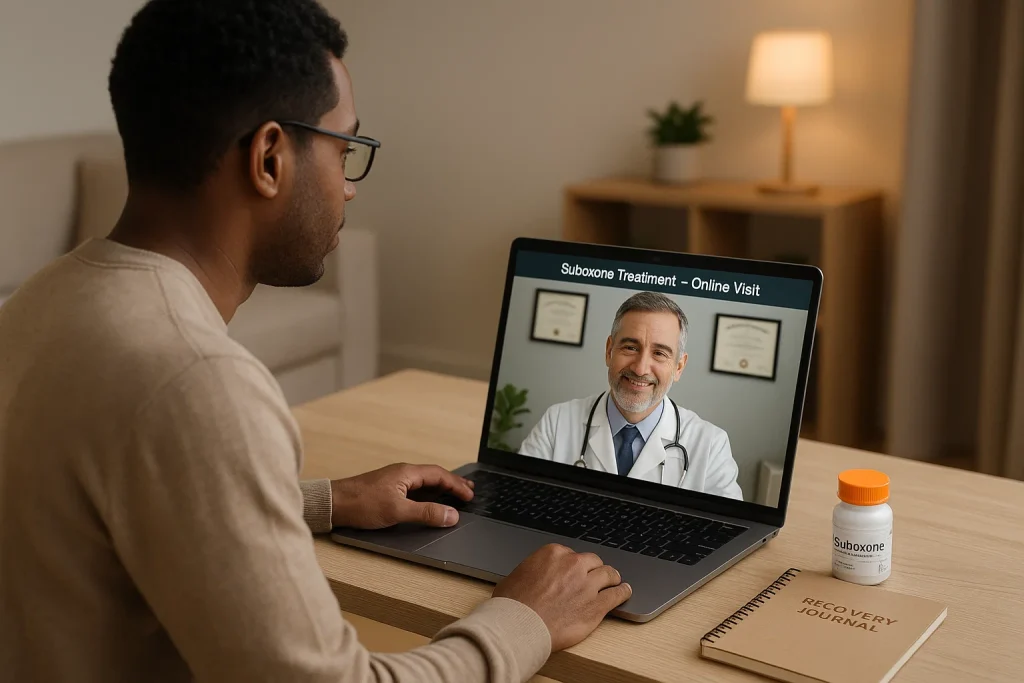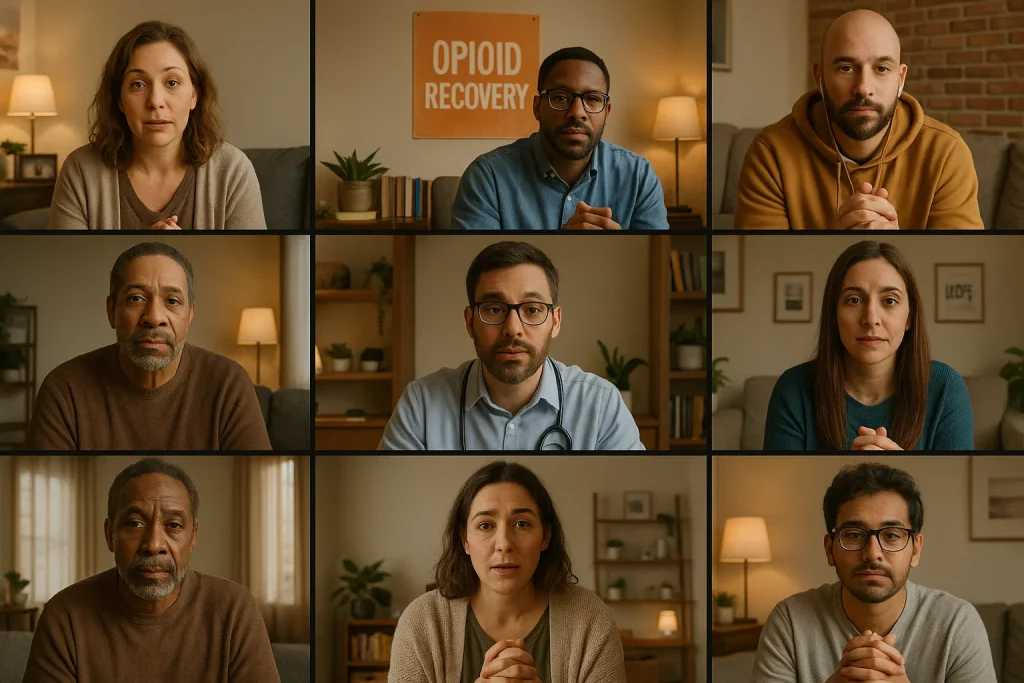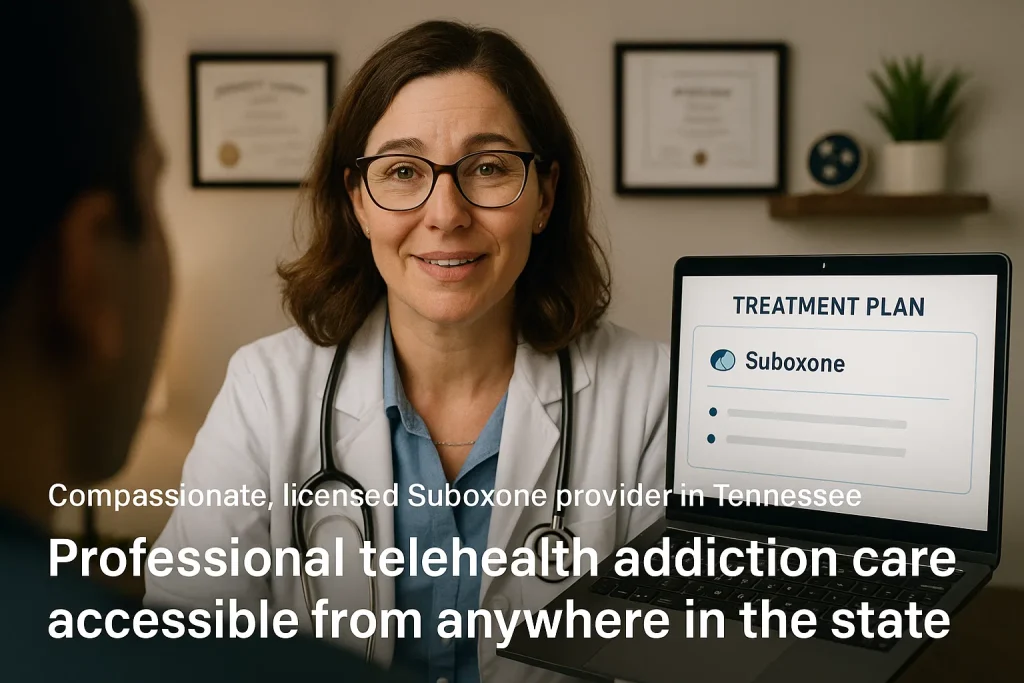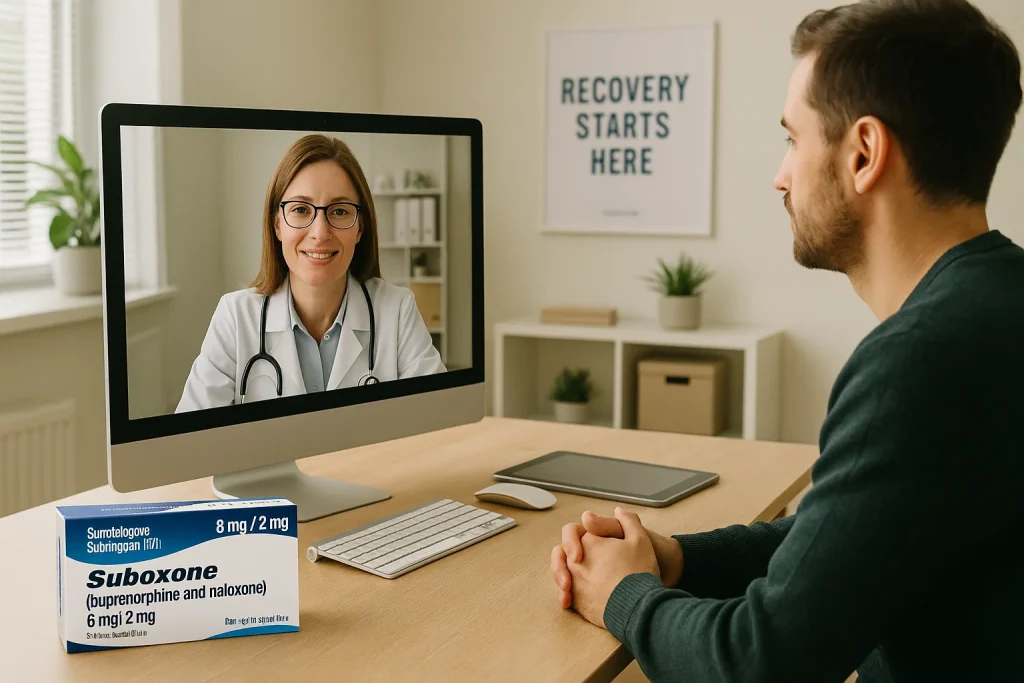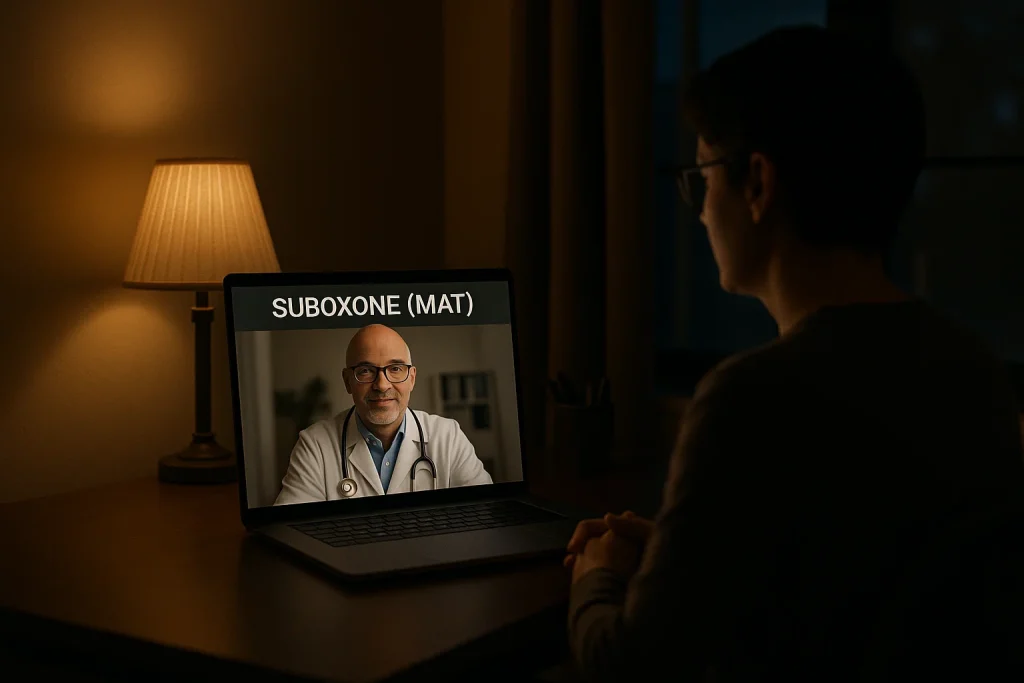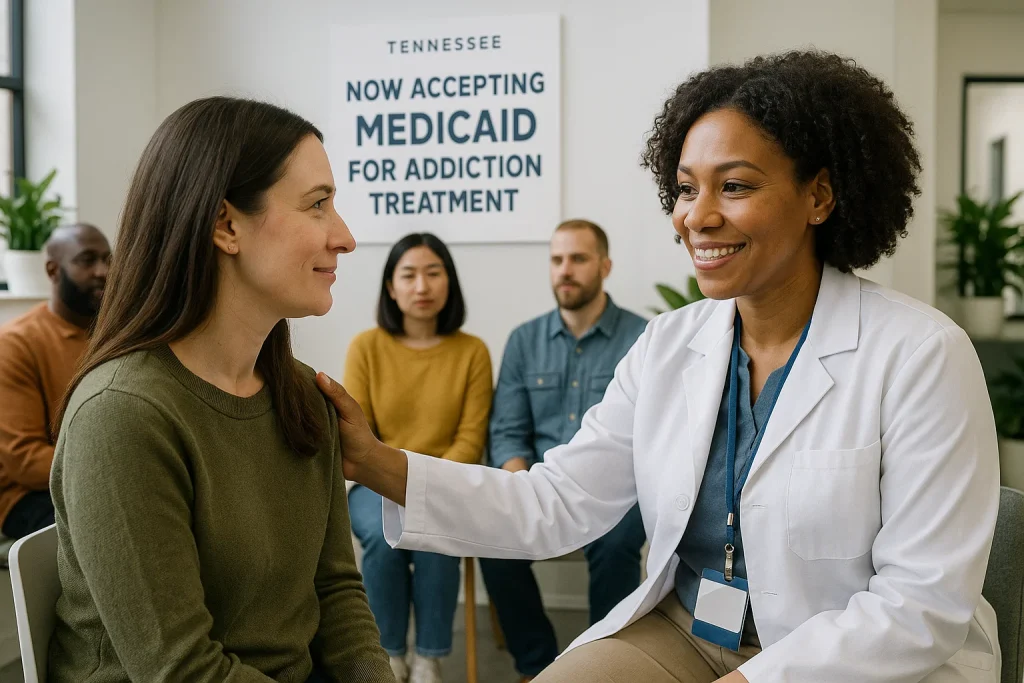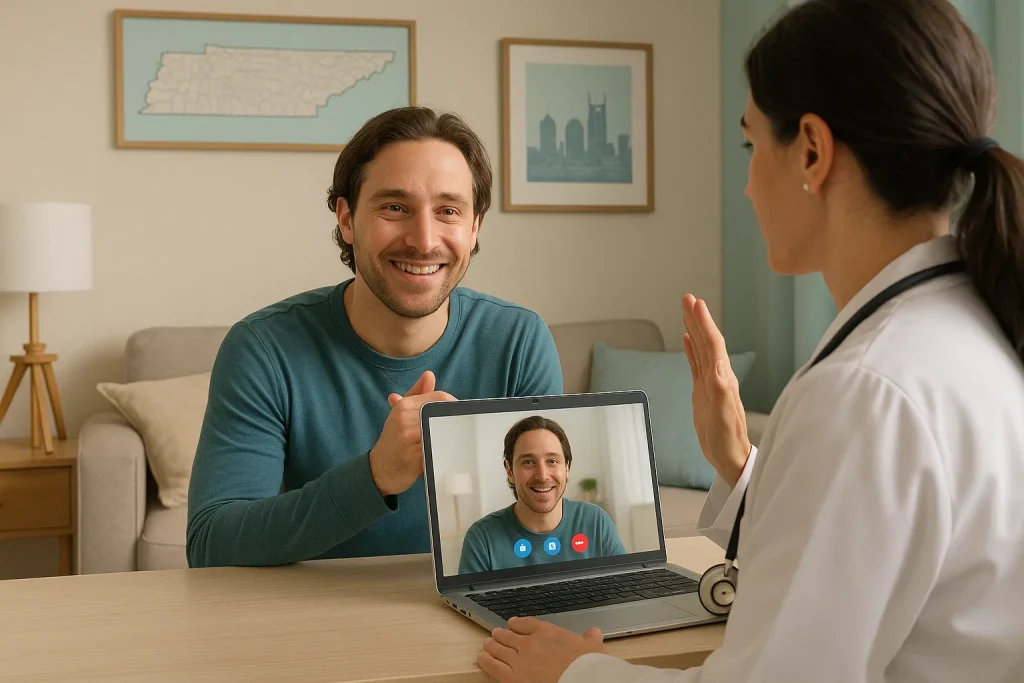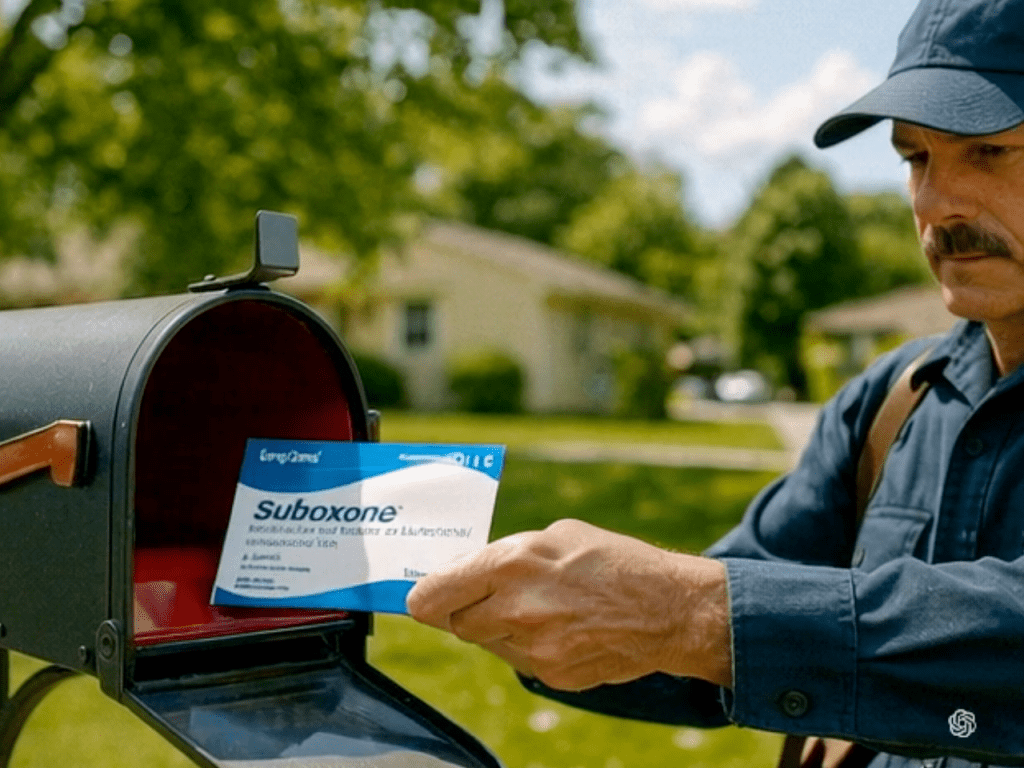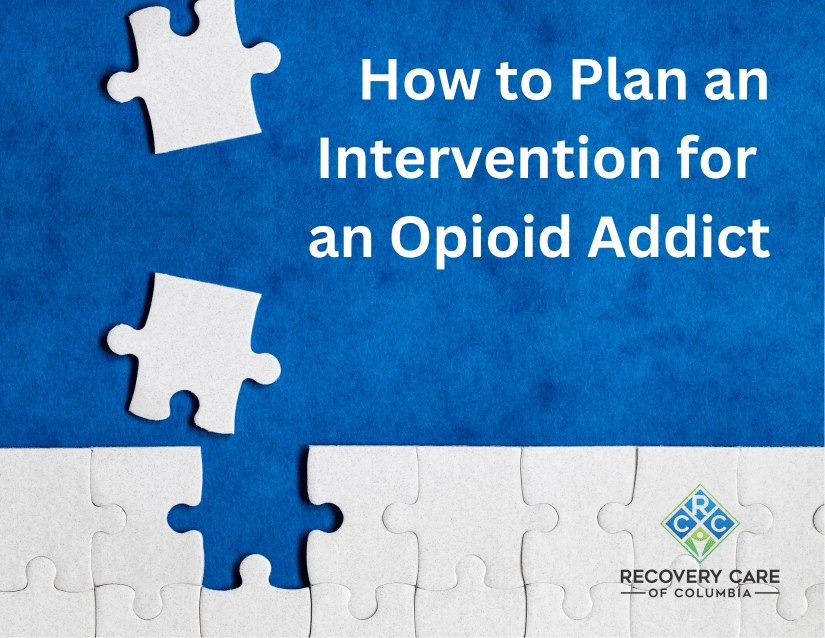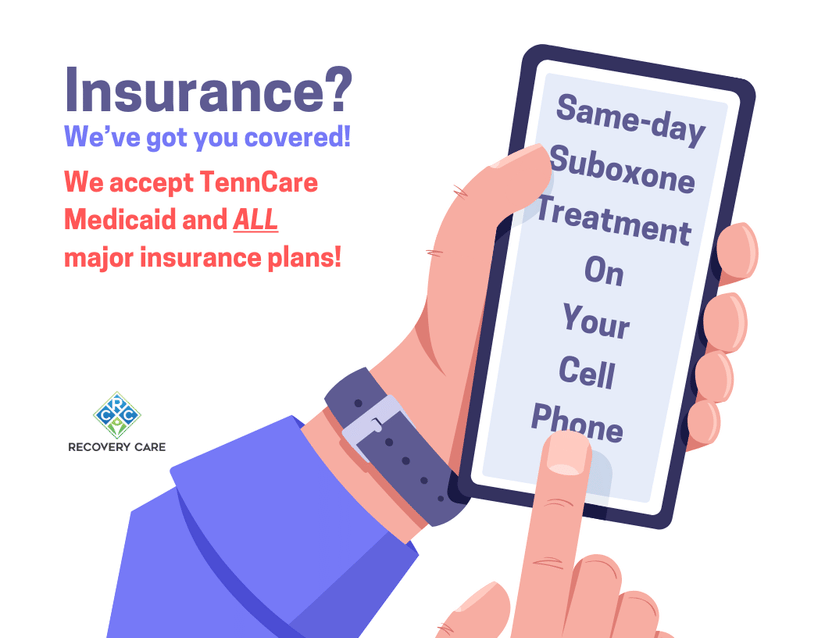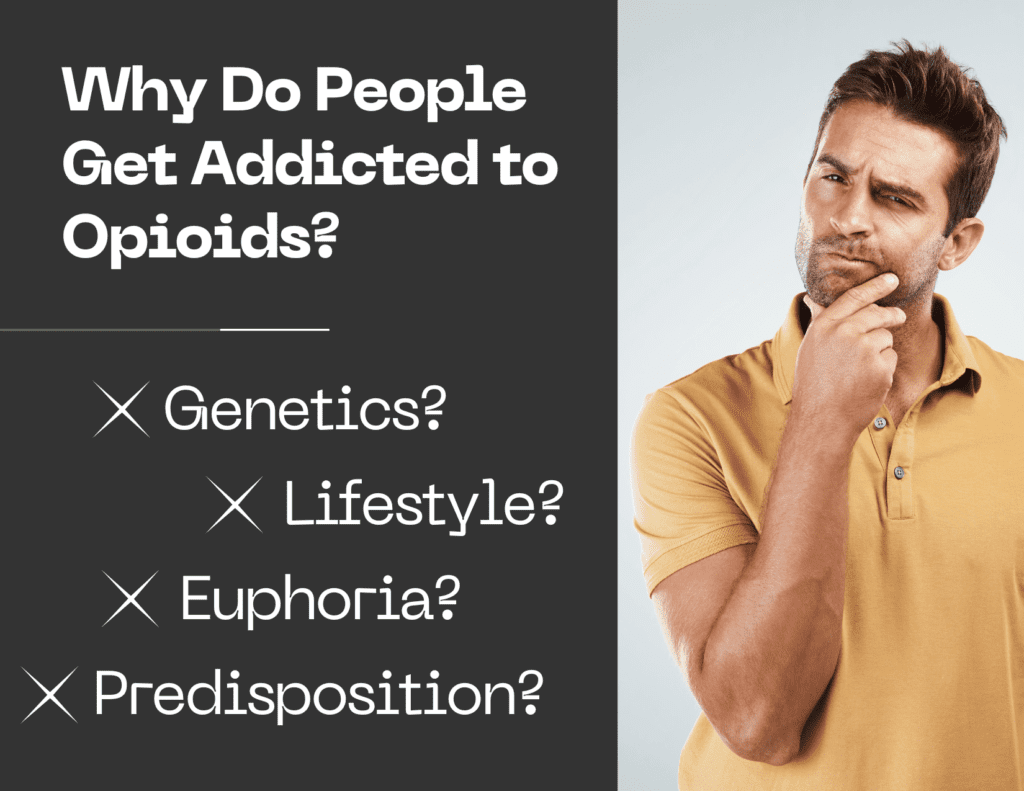What is Medication-Assisted Treatment with Suboxone?
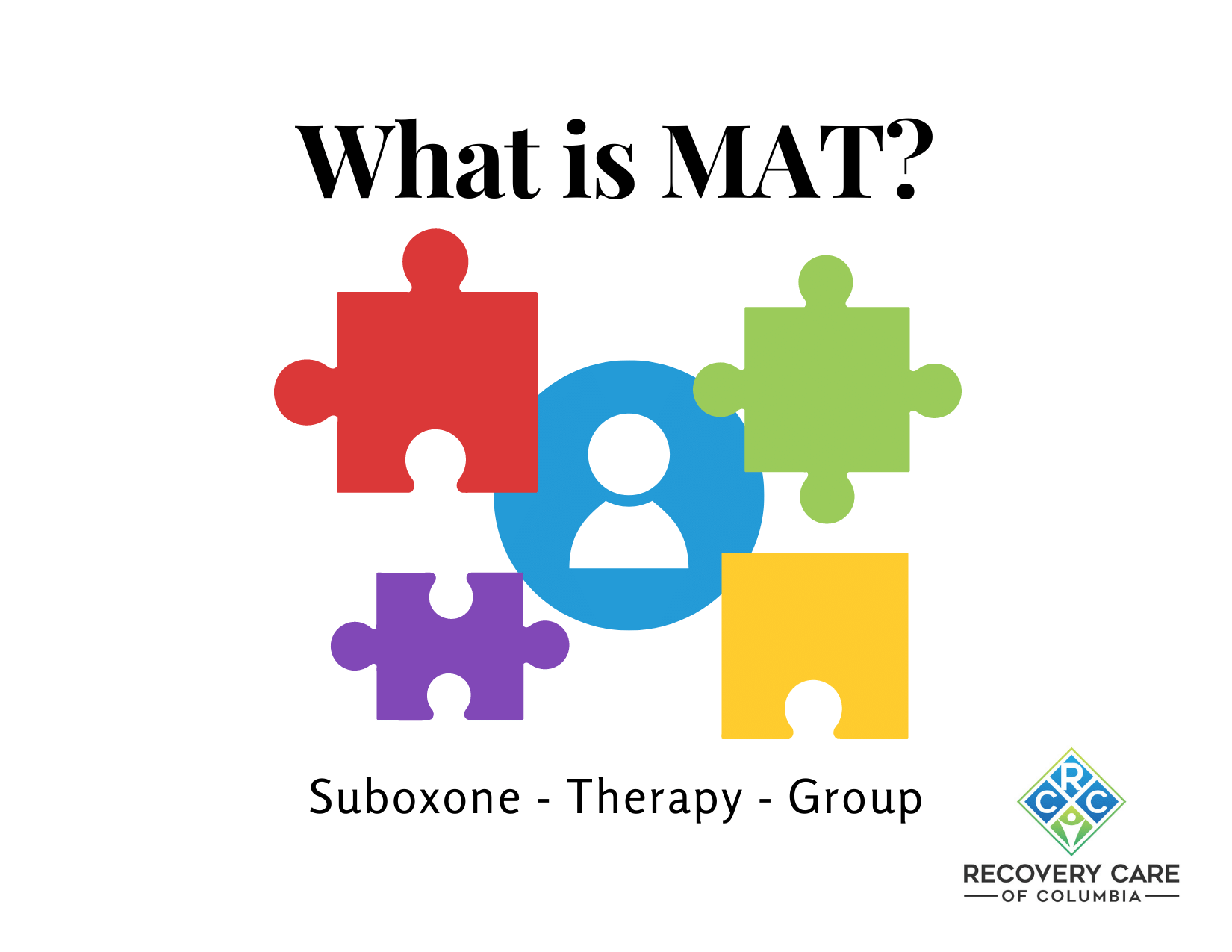
Depending on what you do or don’t know about Suboxone can have great effect on how you feel about a Suboxone clinic opening in Columbia, TN.Recovery Care of Columbia is in fact a Suboxone clinic, but there’s much more to the story that you might find not only interesting, you might even feel grateful that there’s a solution for opioid addiction now available in your city.
The Truth About Suboxone
Some people see Suboxone therapy as switching one drug for another. Others see Suboxone as a miracle cure for opioid abuse.
So, which one is it?
If you really want to understand Suboxone, then please read on. We’ll explain what Suboxone is, how it works inside of Medication-Assisted Treatment, and why MAT using Suboxone has become the most effective treatment for overcoming substance abuse not just in Columbia or even Maury County, but the rest of the United States and abroad.
Suboxone is a Tool, a Tool that’s a Part of Medication-Assisted Treatment
Suboxone is one of many tools that can be used in conjunction with one another to form what is known as “MAT”.
MAT is: “The use of medications, in combination with counseling and behavioral therapies, to provide a “whole-patient” approach to the treatment of substance use disorders. the acronym for the term “Medication-Assisted Treatment“. [source: samhsa.gov]
MAT therapy is currently the most effective treatment against opioid addiction, period.
MAT has proved to be clinically effective and to significantly reduce the need for inpatient detoxification services. MAT provides a more comprehensive, individually tailored program of medication and behavioral therapy that address the needs of most patients.
The ultimate goal of MAT is full recovery, including the ability to live a self-directed life. This treatment approach has been shown to:
- Improve patient survival
- Increase retention in treatment
- Decrease illicit opiate use and other criminal activity among people with substance use disorders
- Increase patients’ ability to gain and maintain employment
- Improve birth outcomes among women who have substance use disorders and are pregnant
- Research also shows that these medications and therapies can contribute to lowering a person’s risk of contracting HIV or hepatitis C by reducing the potential for relapse.
Recovery Care of Columbia and its staff practice MAT, exclusively.
MAT in Layman’s Terms
MAT works by combining multiple therapies to give the patient the best possible outcome. By using medications and therapy together, the odds increase that the patient will sustain from relapse and achieve long-term sobriety. This is how MAT works in a nutshell:
- Suboxone can “virtually eliminate withdrawals and cravings” according to its maker, Indivior, UK LTD. I can tell you from first-hand experience that Suboxone completely eliminated my withdrawals and cravings, helping me stop a 13-year affair with opioids. Suboxone also contains a blocking agent that can help prevent opioid use and abuse.
- Private therapy uncovers and addresses triggers and traumas that motivate drug use and abuse. It’s only in a therapy program that a person with opioid use disorder can actually learn the reasons “why” they abuse drugs, as well as develop a plan for resolving these issues.
- Many MAT providers recommend group recovery. Group recovery is not a requirement of joining a MAT program at Recovery Care of Columbia, but we strongly recommend it.
Group recovery can be a very powerful tool in recovery by showing people their problems and issues are not so unique. Many people who struggle with addiction actually struggle from the same issues and traumas that drive them to use drugs. Many 12-step programs address these issues and create a plan for resolving them.
The goal of MAT is to treat the whole person, not just a piece.
In other words, Suboxone clears your head and alleviates withdrawals, preparing your body and brain so it’s capable to receiving therapy.
Therapy is where I realized my addiction wasn’t purely physical addiction. Before therapy I was convinced that if I could just get through the withdrawals, then all of my problems would be solved. I was sure the drugs were my problem. I was wrong. I was my problem, and drugs were merely a symptom and my cure. I was not myself when I was addicted, but I couldn’t see it until I got clean.
It turns out that I was abusing opioids because of deaths in my family, financial struggles, relationship issues and much more. Drugs were my escape hatch from having to deal with life.
“Opioid addicts aren’t bad people trying to be good. They are sick people trying to get well.”
I could never have found and addressed my issues had I not started on Suboxone to get my head clear, and then began therapy. Me and my therapist developed a plan and it worked.
MAT Will Evolve and so Will We
MAT will continue to grow, as will Recovery Care of Columbia. As new treatments and therapies are introduced we’ll be sure to put it to good use.
If You or Someone You Know…
The most important part of dealing with opioid abuse is addressing it and asking for help.
Remember, addiction is a disease, not a moral choice. An opioid addict is a slave to their drug. It’s nearly impossible to stop without help. Lots of help.
Opioid addicts aren’t bad people trying to be good. They are sick people trying to get well.
Call or text (615) 861-1646 or click here to register for MAT therapy online.
Please send your questions and comments to us by email at [email protected].
